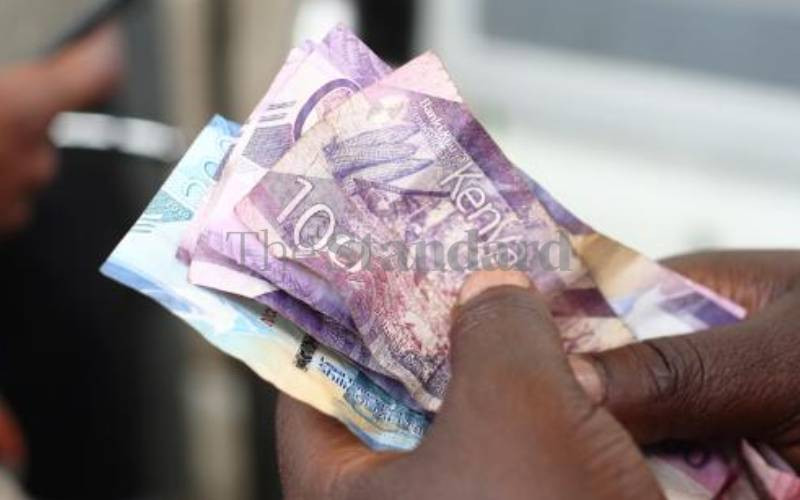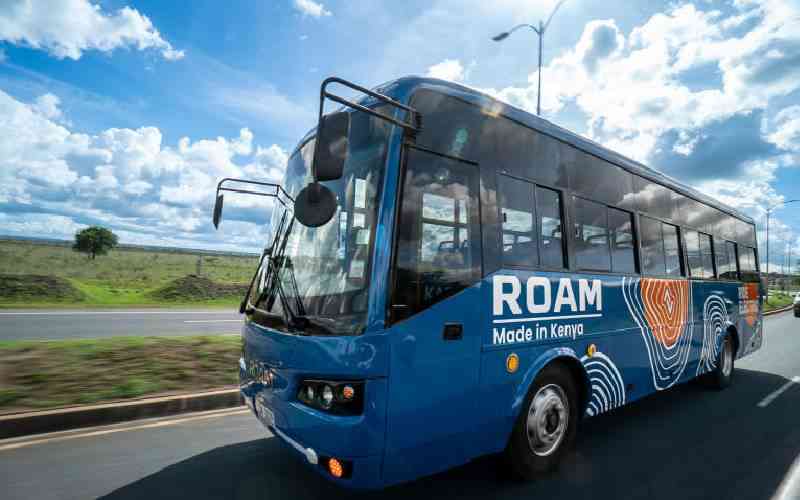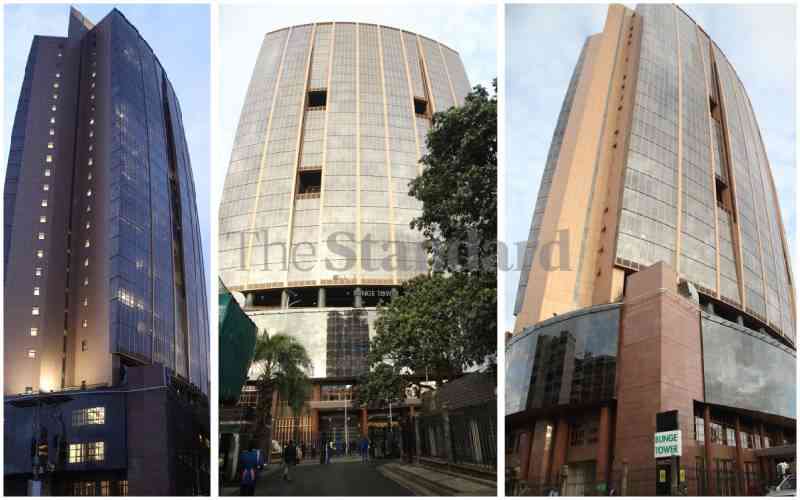By Jevans Miyungu
Some subscribers simply registered their lines with Safaricom due to its ‘omnipresent’ MPesa networks
Mobile phone operators with widespread distribution networks have greatly benefited from Sim-card registration. Safaricom’s M-Pesa could be the engine behind the firm’s success in the Government’s mandatory SIM card registration.
In parts of Western and Nyanza, registration centres were only based in town — forcing subscribers to travel distance to have their lines registered.
Many, however, found it easy to switch networks instead and registered with MPesa, which has infiltrated almost every little market in the country.
“I didn’t see the sense to travel all the way to Mumias – 7km away — to register my line,” says Martha Nambengele, who has since switched networks to Safaricom from a rival operator.
“As an alternative, I moved to Safaricom which I found easy to register because the MPesa kiosk is just a stone-throw-away from my house,” she said as she justified the dumping of a network she has used since she got her first phone seven years ago.
Safaricom, Kenya’s largest mobile operator with 17.2 million registered Sim-card subscribers has more than 15 million subscribers on M-Pesa.
This is backed by 45,540 agents spread across the country, according to the firm’s financials as at September 30, last year. The large numbers can be partly attributed to strong loyalty conundrum that the mobile firm commands.
Value added
Currently, migrating from one network to another based on lower tariffs or free calls alone isn’t appealing, but the changing market dynamics has send operators to look beyond price wars. They have come up with strategies that put them at a competitive advantage.
The future in mobile telephony market, analysts say is one being built around data, value added services, product differentiation and quality of service. Value addition such as mobile money—that has integrated bank accounts and ATMs, is readily accessible and can be sued to pay bills. It has become a powerful loyalty tool.
While Airtel, Orange and yuMobile are also angling for a slice of the lucrative mobile money transfer services business, they are still struggling to push the services to consumers. M-Pesa, which was launched in 2007 and has over the years evolved into a popular payment model that is used by small business and big corporations to make bulk payments.
Compared to other mobile money transfer services that joined the bandwagon later on, M-Pesa enjoys advantages of first-mover status in the mobile telecoms market. In September, yuMobile said it had 5,000 agents for its yuCash platform with about 800,000 users.
With the largest agency network, Safaricom is the biggest beneficiary of the sim-card registration exercise. Last September, M-Pesa had 15.23 million subscribers. The service netted the firm Sh10.43 billion, which is 18 per cent of the total revenue in the first half of the year that ended in September 30.
 The Standard Group Plc is a multi-media organization with investments in media
platforms spanning newspaper print operations, television, radio broadcasting,
digital and online services. The Standard Group is recognized as a leading
multi-media house in Kenya with a key influence in matters of national and
international interest.
The Standard Group Plc is a multi-media organization with investments in media
platforms spanning newspaper print operations, television, radio broadcasting,
digital and online services. The Standard Group is recognized as a leading
multi-media house in Kenya with a key influence in matters of national and
international interest.
 The Standard Group Plc is a multi-media organization with investments in media
platforms spanning newspaper print operations, television, radio broadcasting,
digital and online services. The Standard Group is recognized as a leading
multi-media house in Kenya with a key influence in matters of national and
international interest.
The Standard Group Plc is a multi-media organization with investments in media
platforms spanning newspaper print operations, television, radio broadcasting,
digital and online services. The Standard Group is recognized as a leading
multi-media house in Kenya with a key influence in matters of national and
international interest.









